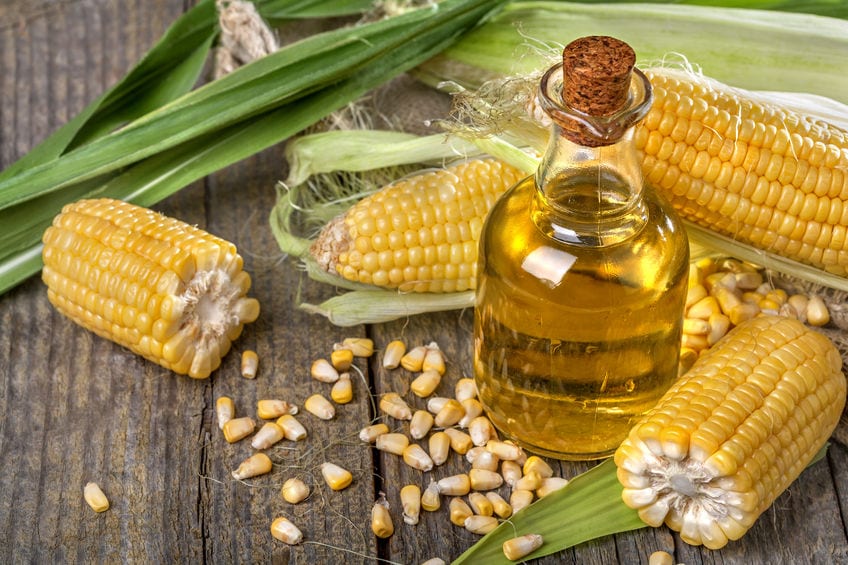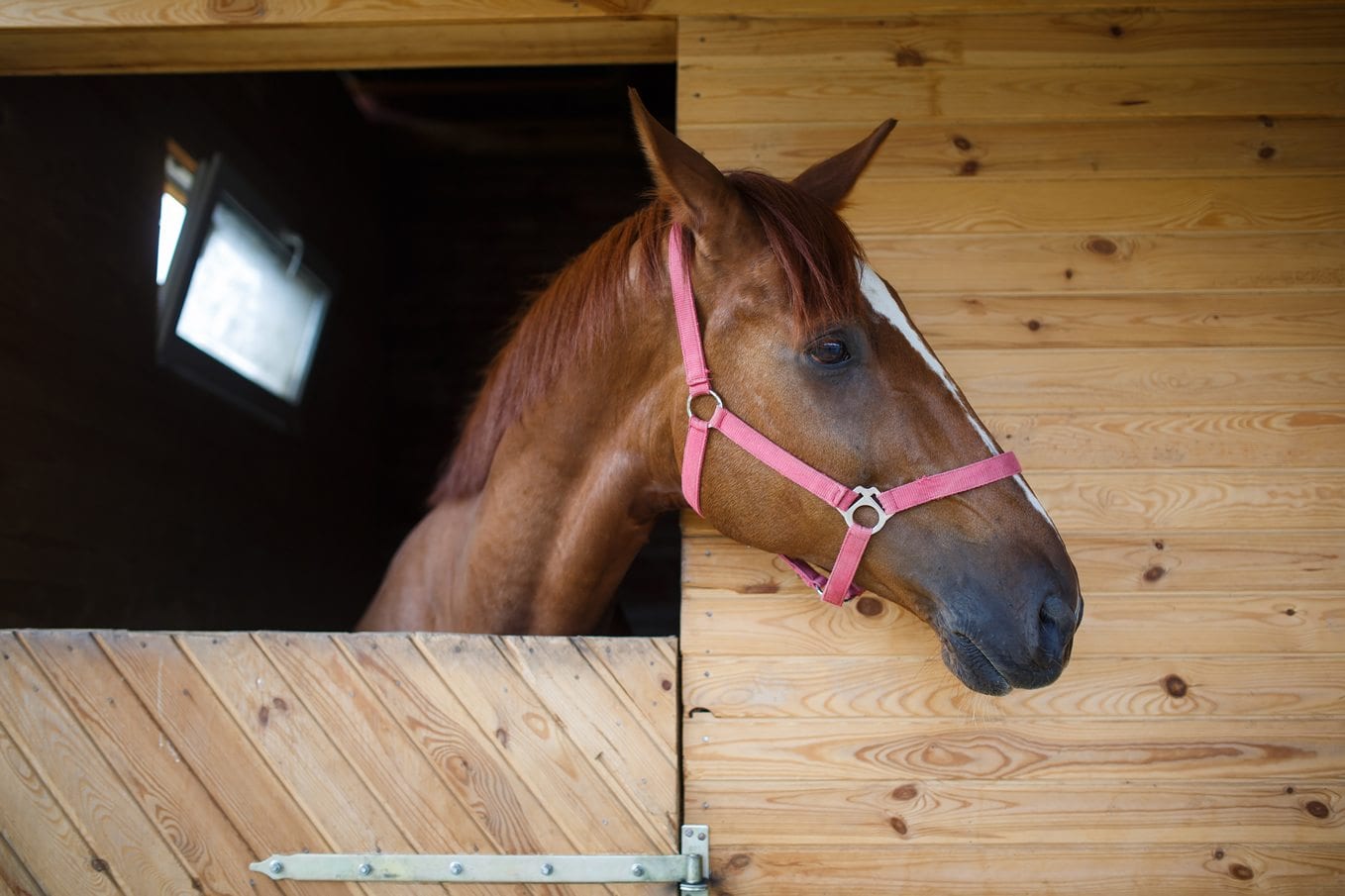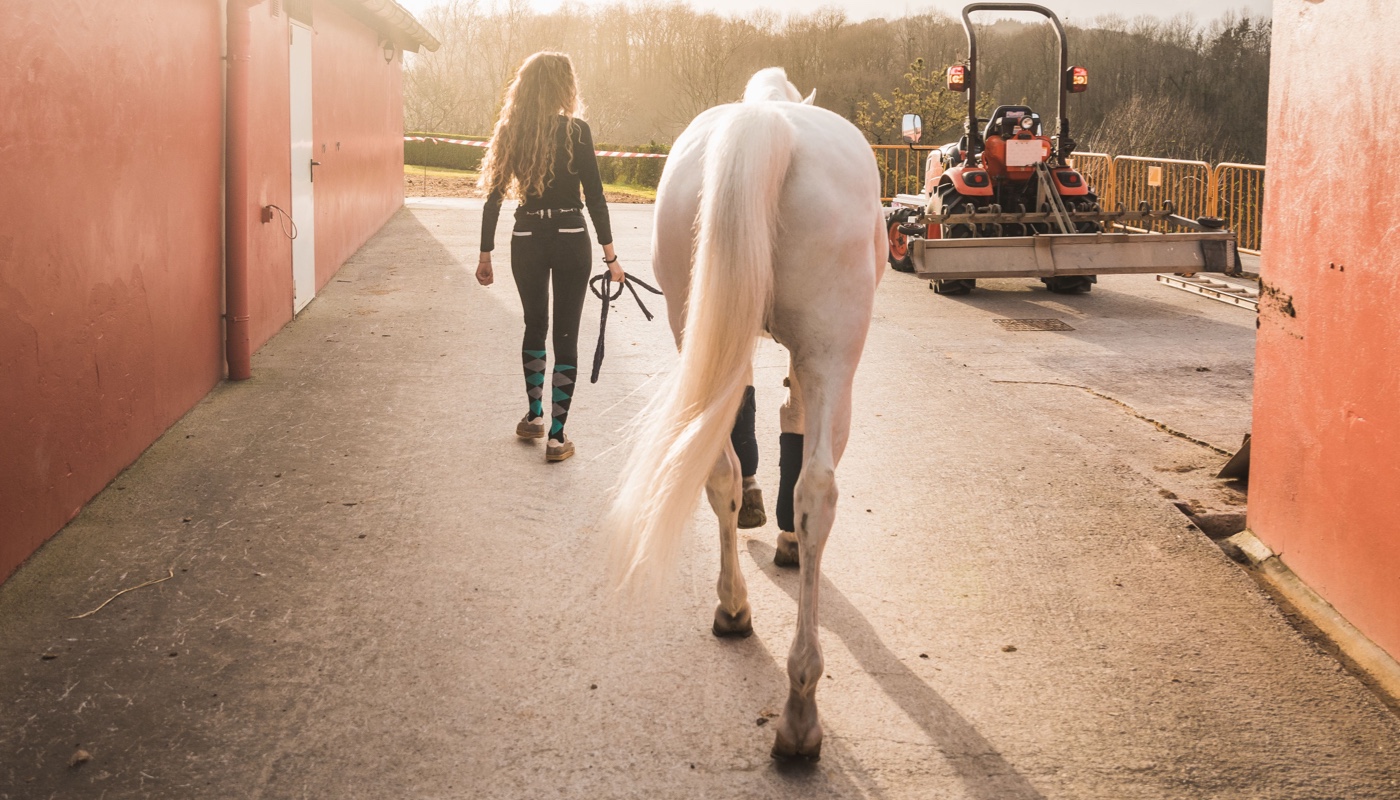Horse owners have widely different approaches to what goes in our horse’s feed. Oats, pellets, chaff, grain and sweet feed have been popular at various times, but nearly all horse owners agree on one ingredient: a glug or squirt of corn oil, poured over the top of the feed.
That’s been true for hundreds of years, as adding corn oil to a horse’s feed has a quick-acting — and obvious — effect on a horse’s weight and the shine in his coat. Because corn oil is easily digested, adds calories without carbs and produces less heat in digestion, it’s long been a favorite for horses in heavy work or in hot climates. As an added bonus, it’s cheap, too.
But corn oil isn’t a cure-all. And once you know a little bit more about it, you’ll understand why it’s a myth that you should feed corn oil to help your horse put on weight and get a shinier coat.
Fat is Good for Your Horse
First, it’s important to know that fat is good for your horse, for all of the reasons listed above. Like humans, horses need fat for energy. Research shows that the energy provided by fat is less likely to make a horse “hot,” as compared to an equal amount of calories provided via high-carb feeds. Fat also helps horses better absorb fat-soluble vitamins A, D, and E, and provides a source of essential fatty acids. All of these things make fat an essential part of your horse’s diet. But there are better sources of fat for horses than feeding corn oil.
Corn Oil Isn’t the Answer for Horses
Unless you’ve been living under a rock, you’ll have noticed that you can’t walk through a grocery store without seeing products touting the presence of “heart-healthy omega-3 fatty acids” on everything from enriched eggs to walnuts, salmon and sardines. Omega 3s also play a starring role in the vitamin aisle. That’s because certain types of omega 3s may help prevent heart disease, Alzheimer’s, soothe inflammation and even help with depression in humans.
There are many studies that show various benefits of omega-3 fatty acids. But the research is also clear on one other point for both humans and horses: omega-3 fatty acids are good, while large amounts of omega-6 fatty acids are not-so-good.
So, here’s the kicker — that squirt of corn oil is almost exclusively made up of omega-6 fatty acids.
Omega 3s vs. Omega-6 Fatty Acids
To be fair, omega-6 fatty acids aren’t necessarily bad — and horses actually do need some omega 6s. But when the omega 6s outweigh the levels of omega 3s, it can be problematic. It’s all about a balanced ratio: while omega-3s help reduce inflammation, too much omega-6 fatty acids in the diet actually leads to an increase in inflammation. As a result, experts recommend eating foods that have a higher level of omega 3s than omega 6s. Most agree that a 1:2 ratio of omega 6 to omega 3 is the very minimum, with a 1:4 ratio as the ideal. Corn oil is — wait for it — a ratio of 87:1. That’s a lot of omega-6 fatty acids.
The Best Sources of Omega-3s for Horses are Hay and Grass
People are often surprised to see grass-fed beef on lists of foods high in omega-3s. But since grass and hay has one of the best ratios of omega 3s to omega 6s, (1:5!) any animal that eats grass will naturally have higher levels of anti-inflammatory, immune-boosting omega 3s. That includes horses. So when your horse is out in the pasture grazing, he’s getting benefits both seen and unseen.
How to Get More Omega 3s in Your Horse’s Diet
According to an article in the Florida Equine Institute & Allied Trade Show 2011 program, published by the Animal Sciences Department at the University of Florida, forage is only made up of 3 percent fat (see the chart on page 22). Ten percent fat content is a better target for most sport horses, so some horses may require additional fat. Flax seed (a 1:4 ratio) and fish oil (nearly all omega-3 fats) add fat that’s balanced in favor of omega 3s. You can also supplement with a fortified fat-added feed or supplement. Just be sure to check the balance of omega 3s and omega 6s.
For a Healthy Horse, Feed Some Fat — and Lots of Forage
If your horse has access to plenty of forage year round and doesn’t have a hugely demanding travel or competition schedule, he probably gets all of the fat he needs naturally, without any supplementation. But if you have a hard-keeping horse, have noticed that his coat is dull or keep him in heavy work, his diet may need additional fat. Just remember that it’s a myth that corn oil is the best way to add that fat, and seek out a more balanced alternative instead.
And remember, the best way to ensure you horse maintains a healthy weight and optimal shine is to keep the gastrointestinal in top working order while providing proper nutrition.




